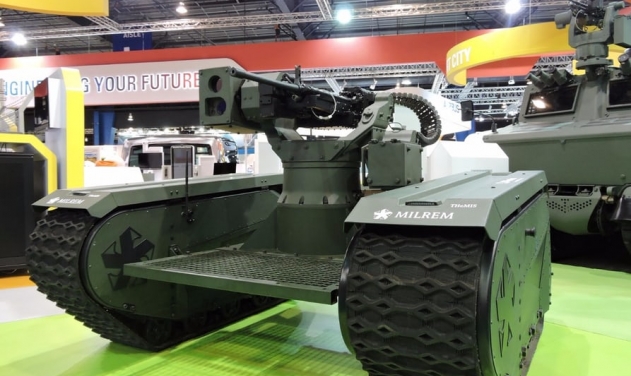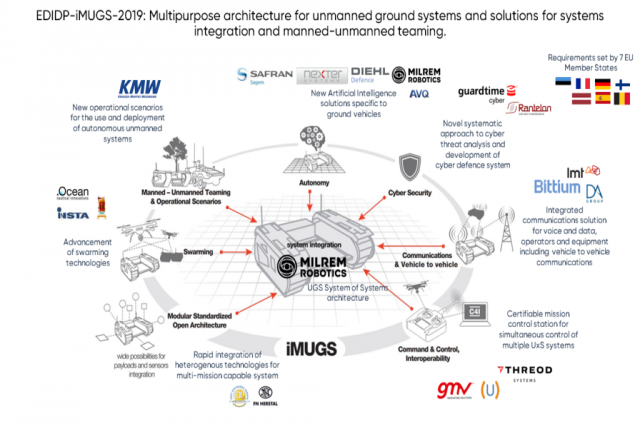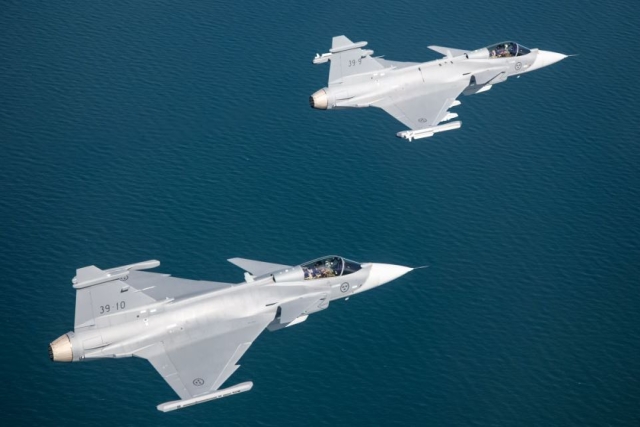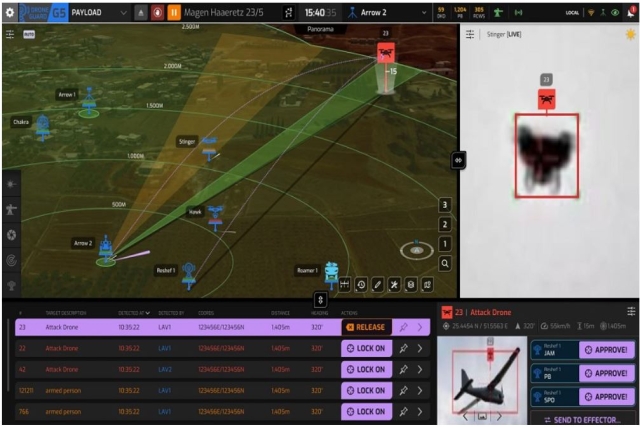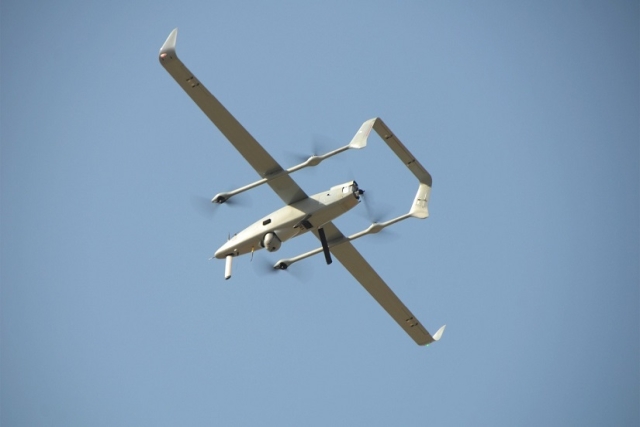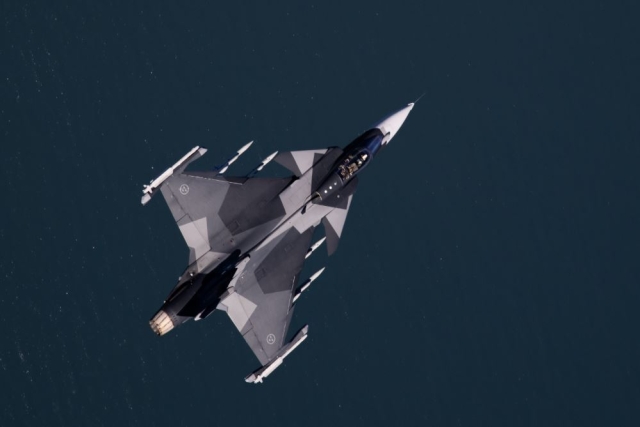Milrem Robotics Delivers UGV to Ukraine, Moscow Think Tank Offers Reward for its Capture
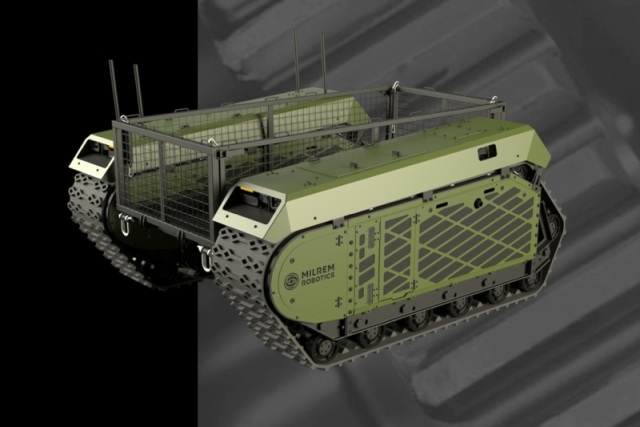
Estonia -based Milrem Robotics (MR) has delivered the THeMIS unmanned ground vehicle (UGV) suited for casualty evacuation (CASEVAC) and transportation of supplies, to Ukraine.
The THeMIS, equipped with stretchers for rapid CASEVAC was delivered to a Ukrainian charitable organization. Onsite training was provided upon delivery for the quick deployment of the system, a MR press release said September 6.
“Casualty evacuation is one of the most crucial and labour-intensive activities in conflicts. Traditionally, it takes several people to carry a stretcher and required medical equipment.
However, it would require only one to operate a THeMIS UGV, which can accommodate several wounded and a lot of equipment. This means that more personnel are available to help more people,” explained Captain (res) Jüri Pajuste, Defence R&D Director at Milrem Robotics.
The THeMIS UGV is a multi-mission vehicle with an open architecture that enables it to be rapidly configured from having a transport function to being weaponized, performing ordnance disposal, or supporting intelligence operations according to the nature of the mission.
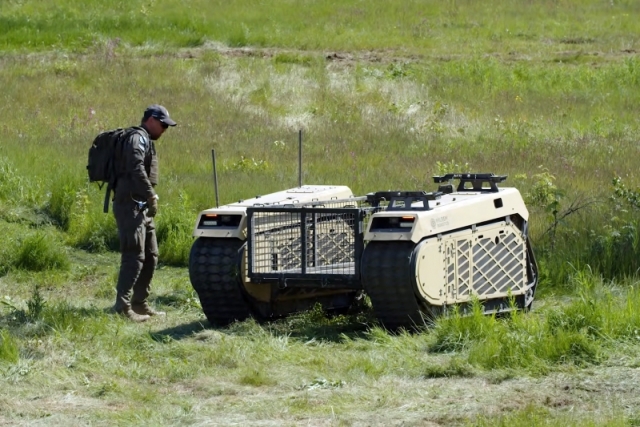
Moscow think tank offers reward for the capture of THeMIS
The Moscow-based Center for Analysis of Strategies and Technologies (CAST) has announced a reward for the capture and delivery of a Milrem Robotics-built THeMIS unmanned ground vehicle (UGV) deployed in Ukraine, Estonian publication ERR reported quoting a Russian website, Censor.net whose link was found to be inactive.
However, it could not be ascertained if CAST indeed offered the reward as there is no mention of it anywhere in the official or pro-government Russian media or on CAST’s own website.
“Russian occupiers will pay 1 million rubles [approximately €16,600] to anyone who manages to capture a THeMIS UGV and deliver it to the Russian Armed Forces "more or less in one piece," ERR said quoting online news portal Censor.net Monday.
The news portal cited Russian propagandist Alexander Kots, according to whom the institute has a "purely technical interest" in the Estonian-developed platform. Kots also noted that the initiative had been coordinated with the "relevant institutions" of the Russian Federation.
"We take CAST's challenge as a compliment," Milrem spokesperson Gert D. Hankewitz told ERR.
